Quarantine files: Rotting food and filth, and then there’s Covid
Victoria’s quarantine hotels were supposed to have been turned into pristine hospital-style facilities. The reality will turn your stomach.
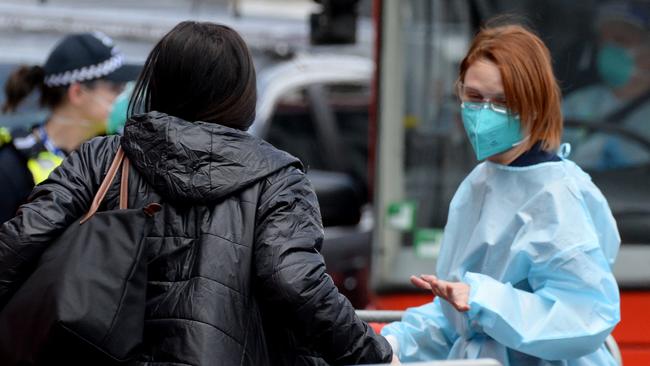
Inside the adjoining rooms of 1014 and 1015 at the Four Points Hotel in Melbourne’s Docklands, a mother of two, locked down in quarantine with her children, opens the guest safe and looks inside. Sitting on a plate is half a chicken, covered in mould. The room soon reeks.
The woman rings hotel staff, telling them she’s “horrified to come into quarantine and find this happening”. She had understood the rooms would be cleaned and prepared to the “highest standard” and could not comprehend how the chicken was missed by staff and cleaners.
She expresses concern the room fridge and guest utensils are in the same cupboard as the safe, given her children used the utensils at breakfast. “She is very worried as she does not want to get any symptoms due to the off food and people thinking that they had COVID-like symptoms,” a confidential incident report, obtained by The Weekend Australian, says.
Staff tell her she can be “reassured” as the room is “terminally cleaned” and that its previous residents were not COVID-19 positive or close contacts. A staffer reports that it is “unusual” for the chicken not to have been found as the cleaners are “very thorough”.
While the duty manager writes there are no concerns about COVID-19 issues, he says there are concerns “regarding salmonella and the smell in the room”. Staff apologise, move the family to rooms 1021-1022, and tell them if they feel unwell they can access an onsite doctor. Welcome to the frontline of Victoria’s beleaguered quarantine program where hotels are supposed to have been reconfigured into pristine hospital-style facilities, but, on this day, resemble tourist accommodation worthy of a blistering TripAdvisor review.
Instinctively, this bizarre incident on February 2 could be seen as a one-off, sheeted home to the work of a returned traveller perhaps unhappy at being kept in a room for 14 days. But weeks later, when a team of government investigators from Safer Care Victoria arrive at level six of the ParkRoyal hotel at Melbourne Airport, they also observe a concerning, albeit less weird, spectacle.
Dirty crockery and bags of rubbish litter the hotel corridor. The carpet is visibly unclean. All this is happening after three hotel outbreaks this year and in the wake of February’s five-day lockdown.
Residential support officers stationed on the floor tell the SCV team the garbage and food waste is often there for long periods.
“Staff described an incident where a resident became aggressive, throwing cutlery, crockery and meal leftovers through the corridor,” the team later wrote in their secret March 11 review.
“Staff framed this as a security incident but did not have the mindset that this was also a potential transmission risk.”
During a resident’s quarantine period, no room cleaning was performed by hotel staff to avoid staff entering the rooms. Residents could ask for cleaning supplies but staff told the SCV investigators that when a resident asked for a vacuum cleaner, the request was denied because Infection Prevention and Control staff could not work out a safe way to clean the vacuum after it was used.
Terminal cleaning of rooms where a vacating resident tested positive often did not occur for more than 24 hours after the resident left, while carpets were not steam cleaned.
Repeat educational sessions had to be offered to cleaners who do not meet competency standards, but the investigators said it was unclear if those providing the education were themselves trained in infection prevention.
“The provision of general IPC training (such as disease transmission and infection prevention strategies) is limited, probably due to the speed of implementing the program, and resources consumed responding to outbreaks during the pandemic,” the SCV report says. “The IPC officers we spoke with had a health background (nursing, paramedicine), but not necessarily any practical infection prevention experience or postgraduate qualifications.”
The report, which the government refuses to release, says processes to manage IPC risks and make improvements to prevent transmission events are also not well developed.
“The process is fragmented … and it is not always clear how and whether staff-reported issues are acted upon or resolved,” the report says.
RSOs, banned from using their mobile phones when working on hotel floors, complained of boredom and sleepiness as “not much was happening”, with warm corridors “amplifying their sleepiness”.
“At the site we visited, many staff groups operate in spaces where potential exposure may occur,” the SCV report says. “Most notably, hotel reception staff check in new residents (typically, up to 80), to allow for last minute room allocation requests (e.g. family members with different surnames who are allocated separate rooms).”
Transferring a resident from hotel quarantine to a hospital could involve up to 17 roles across six agencies, while the many people and processes interacting on hotel residential floors, and in the lobby and staff areas, increased the “risk that movement of air, people and objects may result in cross-contamination or transmission through proximity or contact”.
After discovering outside air running into a hotel was switched off every night for 10 to 14 hours to “save energy”, the SCV escalated action to have air flows operating 24/7. It urgently recommended reception staff wear Tier 3 personal protective equipment, finding the Quarantine Victoria wide PPE matrix promoted complexity and conflicted with Health Department guidance.
The Andrews government says it has improved the operation of hotel quarantine since the program was reopened in April. But incident reports obtained by The Weekend Australian continue to highlight problems.
One SCV recommendation the government has refused to act on is the report’s call to end the COVID-19 testing of residents in the open doorway of their room. SCV says testing should be done inside the resident’s room with the door closed.
It was the open doorway testing, according to another confidential report published by The Australian this week, that led to the virus escaping from a room of the Holiday Inn, being pushed by airconditioning down a corridor and pooling outside the doorway of a man with a nebuliser who was staying with his partner and an infant.
One of the adults caught the virus while picking up breakfast or taking out rubbish. The nebuliser’s use did aid viral transmission and pushed it back into the corridor, infecting workers, but the question remains would the nebuliser guy would have caught the virus if swabbing was done in hotel rooms.
The man said this week he was glad the report was out. Meanwhile, the government maintains the nebuliser’s use remains the most likely source of transmission.
CQV discussed the Safer Care Victoria recommendation with Alfred Health and Healthcare Australia, whose staff conduct the test. Both rejected the proposal to carry out swabs inside rooms due to the “unacceptable risks”.
CQV now sets a time limit on open-door swabbing and ensures residents in adjacent rooms are not being tested at the same time. That would be small comfort for nebuliser guy who the government ensured was, for a time, the most vilified man in Victoria.

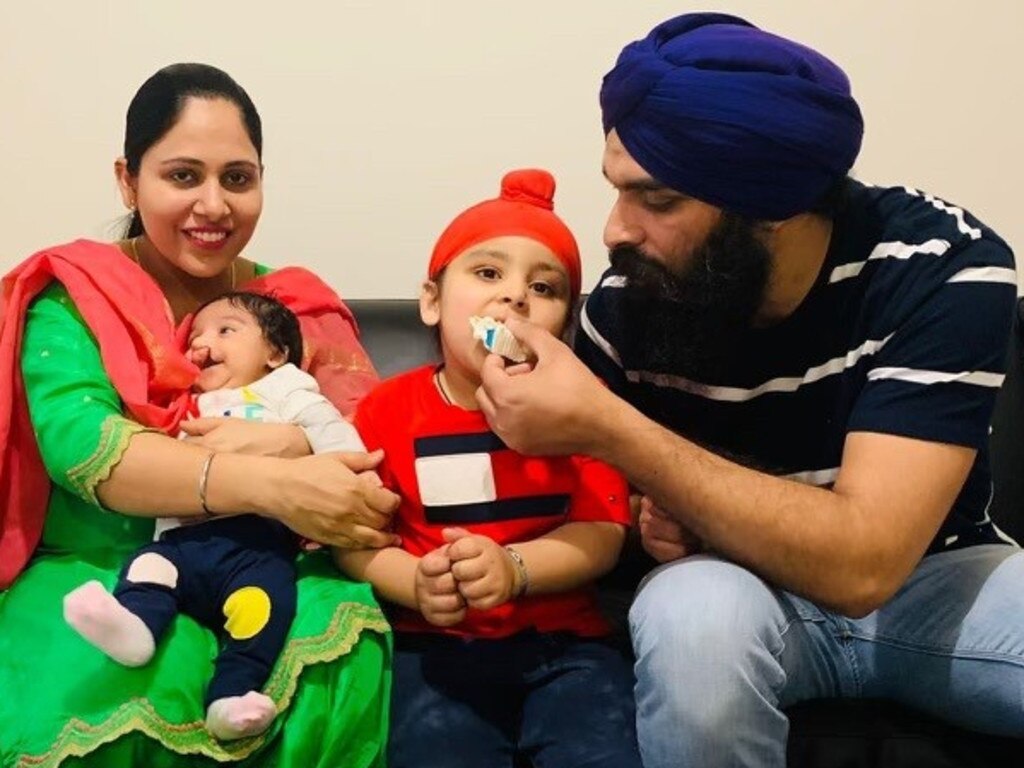
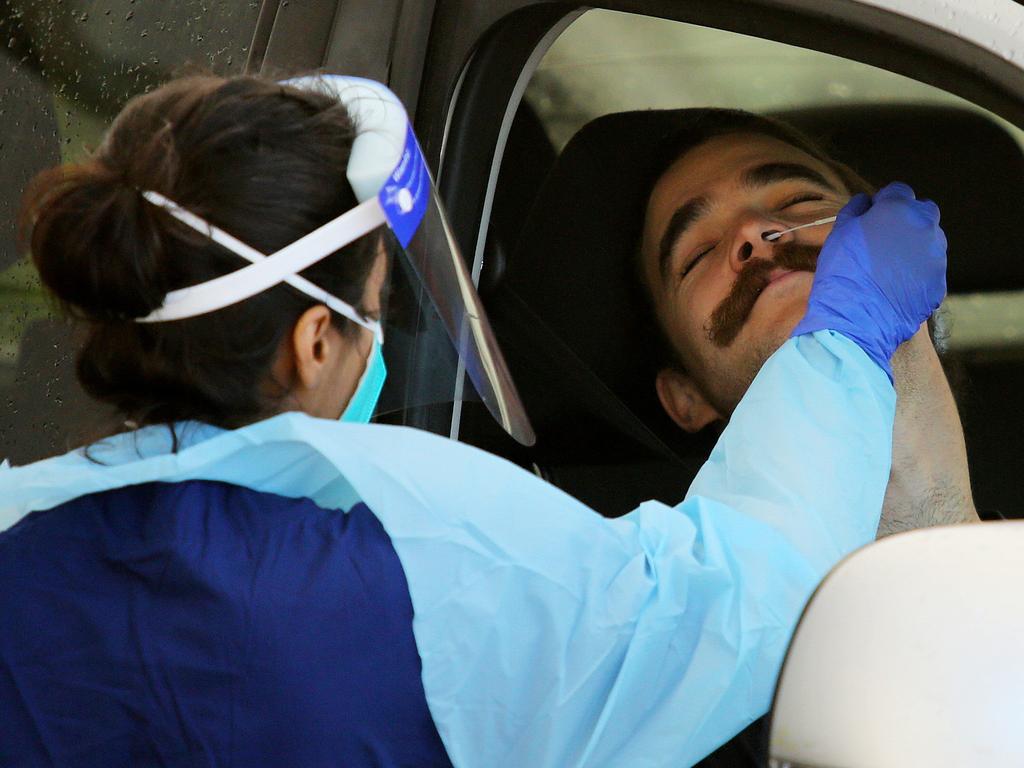
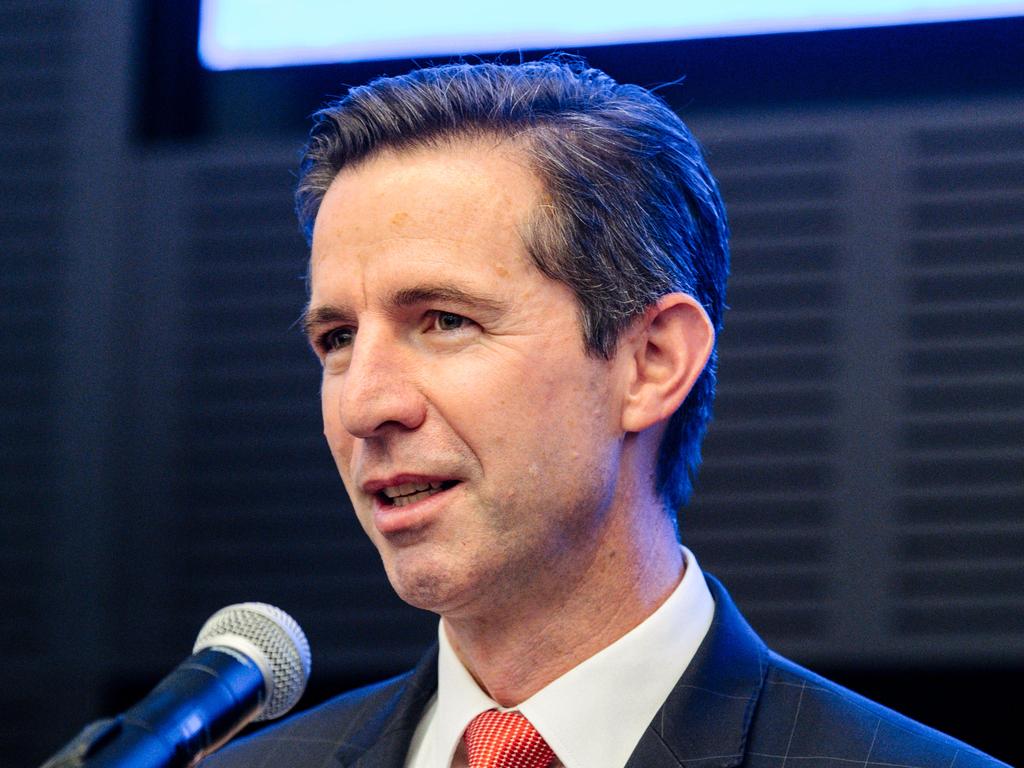
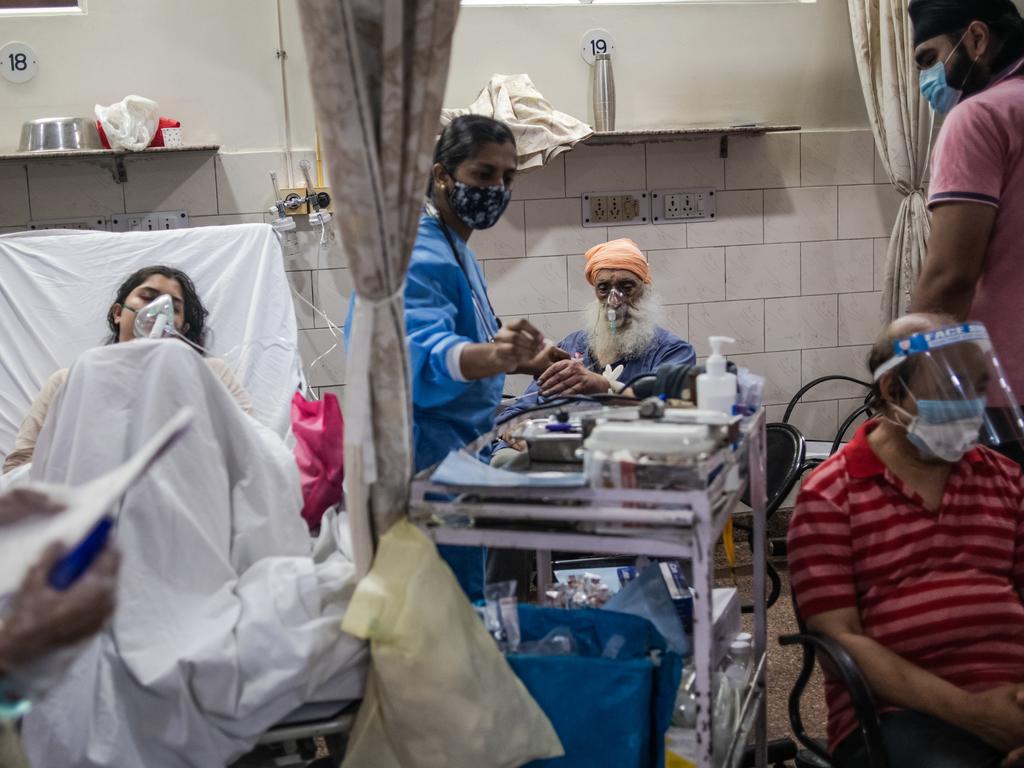
To join the conversation, please log in. Don't have an account? Register
Join the conversation, you are commenting as Logout